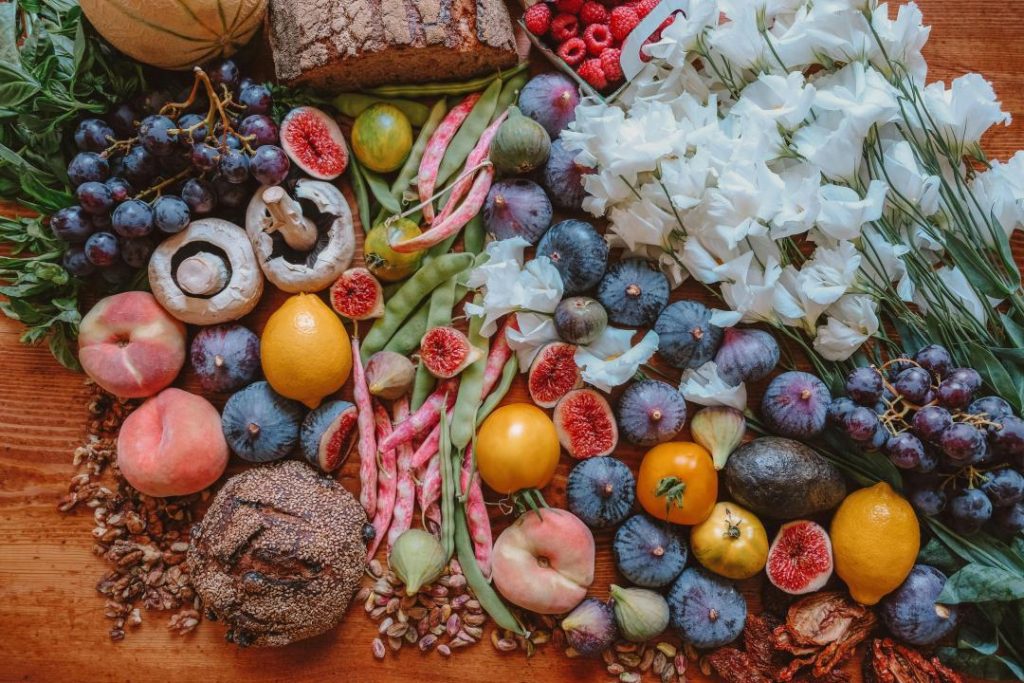
Can Diet Really Help Manage PCOS Symptoms?
Polycystic Ovary Syndrome (PCOS) is a complex hormonal disorder that affects millions of women worldwide. It’s characterized by irregular menstrual cycles, cysts on the ovaries, and high levels of androgens (male hormones). While there’s no cure for PCOS, diet plays a significant role in managing its symptoms. Research suggests that making conscious food choices can help alleviate acne, irregular periods, and weight gain, as well as improve insulin sensitivity and hormone balance.
In this blog post, we’ll delve into the connection between diet and PCOS, exploring the foods that can help alleviate symptoms and the nutrients that can support hormone balance.
The Link Between Diet and PCOS
PCOS is often linked to insulin resistance, a condition in which the body’s cells become less responsive to insulin, a hormone that regulates blood sugar levels. When insulin resistance occurs, blood sugar levels remain high, leading to inflammation and hormonal imbalances. A diet high in refined carbohydrates, added sugars, and unhealthy fats can exacerbate insulin resistance, making PCOS symptoms worse.
On the other hand, a balanced diet rich in whole grains, vegetables, lean protein, and healthy fats can help regulate blood sugar levels, improve insulin sensitivity, and support hormone balance. This is because these foods are rich in fiber, antioxidants, and essential nutrients that promote overall health.
Foods to Include in Your PCOS-Friendly Diet
- Whole Grains: Whole grains like brown rice, quinoa, and whole-wheat bread provide fiber, which can help regulate blood sugar levels and improve insulin sensitivity.
- Vegetables: Leafy greens, bell peppers, and other colorful vegetables are rich in antioxidants and fiber, which can help reduce inflammation and improve hormone balance.
- Lean Protein: Foods high in protein like chicken, fish, and tofu can help regulate blood sugar levels and improve insulin sensitivity.
- Healthy Fats: Nuts, seeds, and avocados are rich in healthy fats that can help reduce inflammation and improve hormone balance.
- Fermented Foods: Foods like kimchi, sauerkraut, and yogurt contain probiotics, which can help regulate the gut microbiome and improve insulin sensitivity.
Foods to Limit or Avoid
- Sugary Drinks: Regularly consuming sugary drinks like soda, sports drinks, and sweet tea can exacerbate insulin resistance and worsen PCOS symptoms.
- Refined Carbohydrates: Foods like white bread, pasta, and baked goods are high in refined carbohydrates, which can cause blood sugar levels to spike and worsen insulin resistance.
- Processed Meats: Processed meats like hot dogs, sausages, and bacon are high in saturated fats and preservatives, which can increase inflammation and worsen PCOS symptoms.
- Saturated and Trans Fats: Foods high in saturated and trans fats like butter, lard, and partially hydrogenated oils can increase inflammation and worsen PCOS symptoms.
Additional Nutrients for PCOS Support
- Vitamin D: Vitamin D deficiency is common in women with PCOS. Supplementing with vitamin D can help improve insulin sensitivity and hormone balance.
- Omega-3 Fatty Acids: Omega-3 fatty acids, found in fatty fish, flaxseeds, and chia seeds, can help reduce inflammation and improve insulin sensitivity.
- Probiotics: Probiotics can help regulate the gut microbiome, improve insulin sensitivity, and reduce inflammation.
Conclusion
While diet alone cannot cure PCOS, it can play a significant role in managing its symptoms. By incorporating whole grains, vegetables, lean protein, and healthy fats into your diet, and limiting or avoiding processed foods and added sugars, you can help regulate blood sugar levels, improve insulin sensitivity, and support hormone balance. Additionally, supplementing with vitamin D and omega-3 fatty acids may further improve insulin levels and alleviate PCOS symptoms.
Remember, everyone’s body is unique, and it’s essential to work with a healthcare provider to develop a personalized diet plan that addresses your specific needs and goals. With the right diet and lifestyle changes, you can take control of your PCOS symptoms and improve your overall health and well-being.
Source:
https://thepfc.club/blogs/news/understanding-pcos-and-how-diet-can-help






